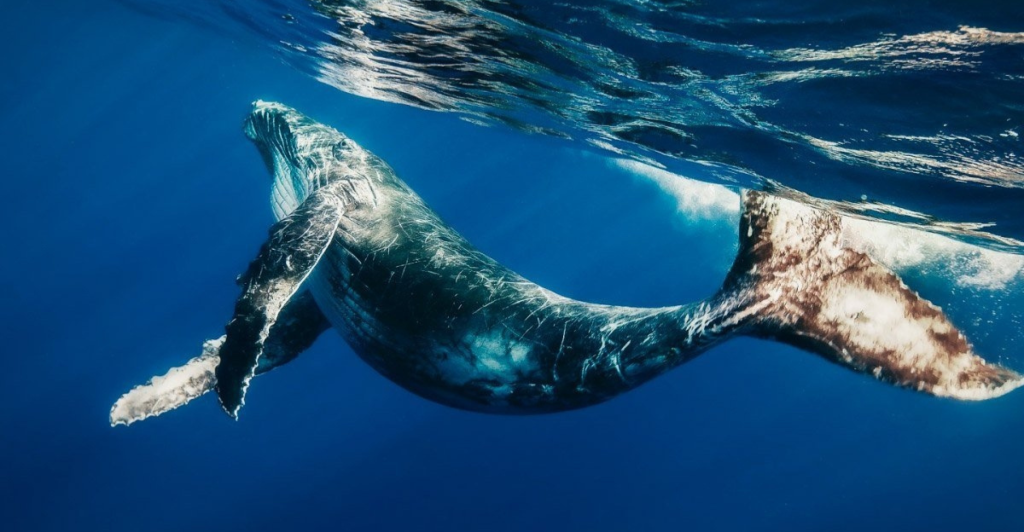
Whales are an incredibly unique species, evolving from a prehistoric mammal that went back into the water around 50 million years ago. Their history predates our own for quite some time, and they have had a profound impact on their ecosystems for millions of years. They have been a secret weapon against climate change for longer than we’ve been on the planet. Unfortunately, due to a number of factors, these majestic and incredible animals are at risk, and conservation is vital in keeping them around so they can keep doing their duty to the planet.
Overlooked
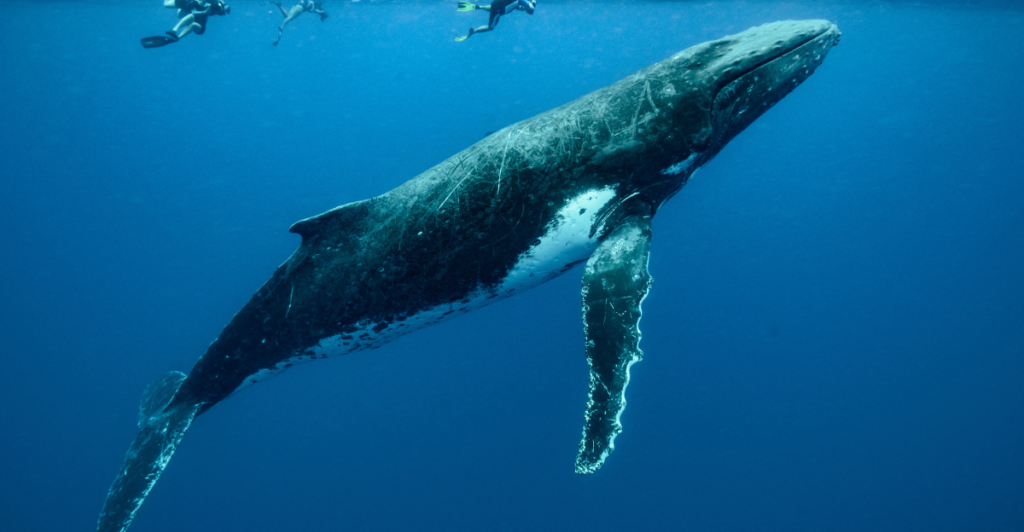
Whales are often overlooked when it comes to the role that they play in habitat health and mitigating climate change. Conservation negligence in the past decimated whale populations, and while some species are recovering in the modern era, many other species are either threatened or critically endangered.
Carbon Sequestration
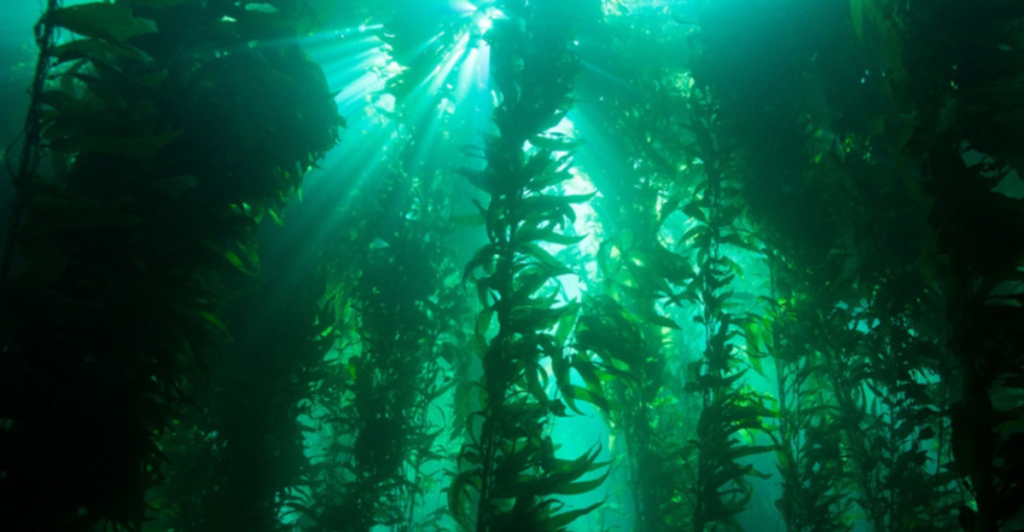
Just by feeding on, whales play a vital role in carbon sequestration. Their habits help fertilize phytoplankton, which are micro-marine plants that can capture a huge amount of carbon dioxide and store it. The World Wide Fund says, “Phytoplankton account for at least 50 percent of all oxygen on Earth.” They also delay the carbon their bodies release when they die by sinking to the bottom of the ocean.
Nutrient Recycling
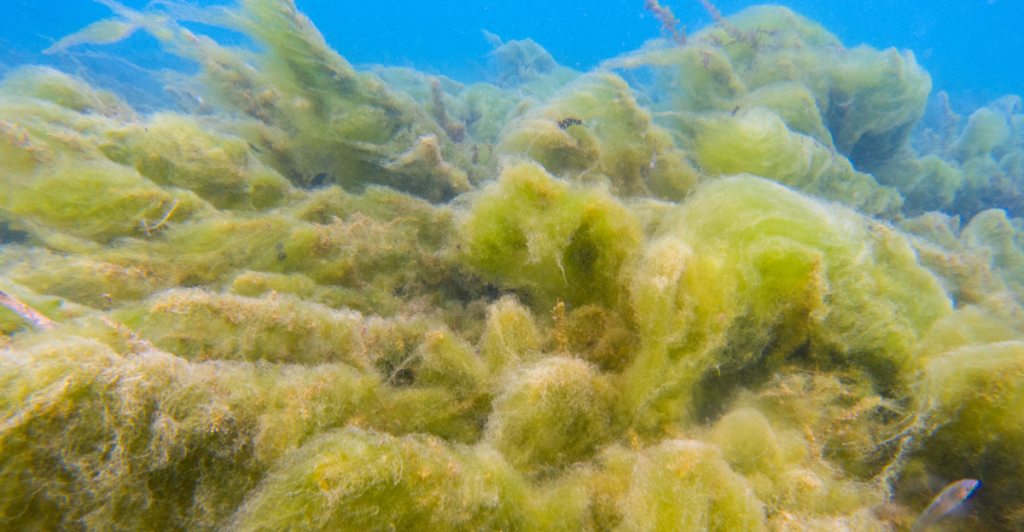
Whales that feed at massive depths will release fecal plumes through defecation. This rich “fertilizer” is an amazing nutrient source for phytoplanktons, which leads to a larger population and more carbon absorbed, which leads to a healthier ecosystem overall.
Phytoplankton
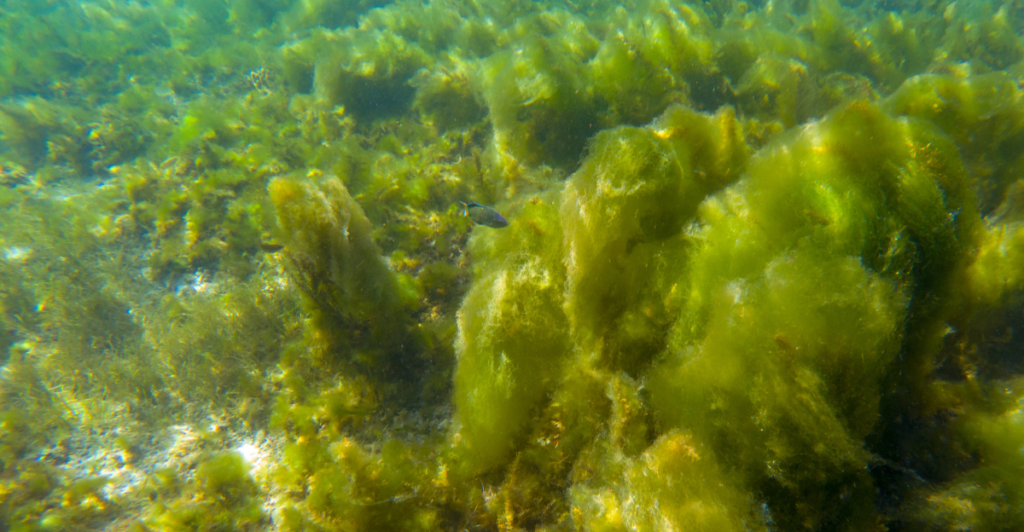
The health and population of phytoplankton are essential for a thriving habitat as they are the base of the food chain. Their availability directly affects the local population of other important marine animals like krill and fish. A strong whale population reinforces the phytoplankton population, creating an important cycle that shouldn’t be disrupted.
Climate Factors
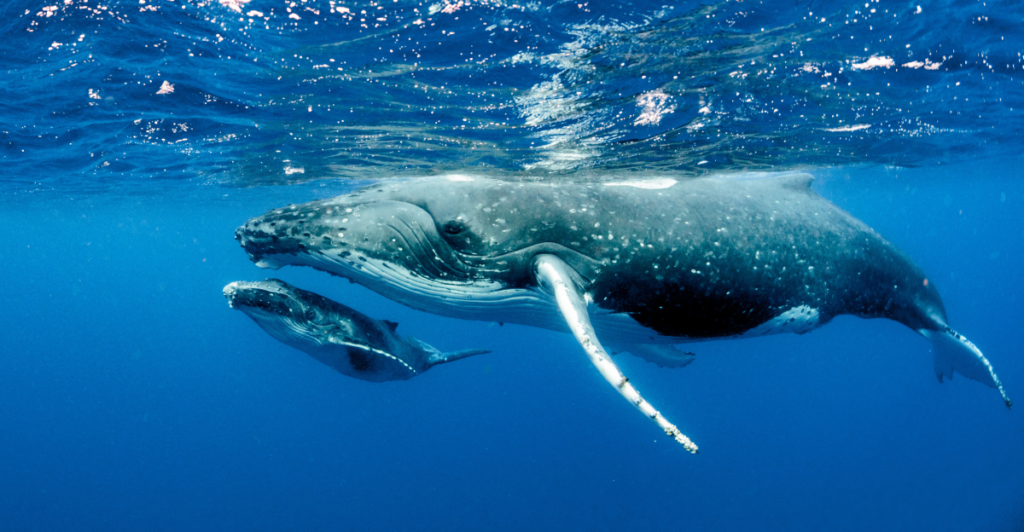
While whales contribute to healthy ecosystems and mitigate climate change, it is the very same thing that threatens their species. Climate factors slowly raise the temperatures of ocean waters and degrade its health through a higher acidity. These factors can disrupt whale migrations and reduce their natural prey population, creating an increasingly challenging environment for any ocean animal to thrive in.
Human Conflict
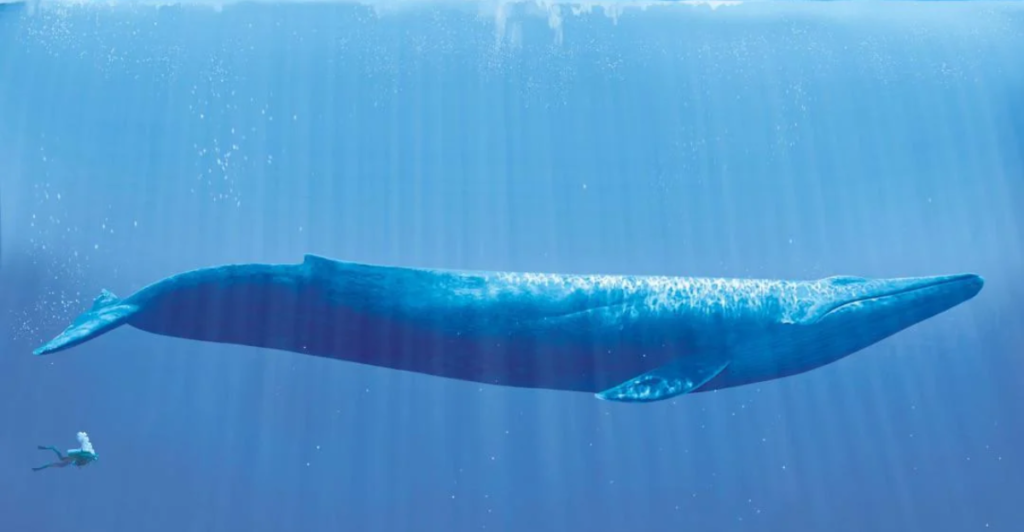
Whales have a long history of human conflict. Their numbers were decimated over a three-hundred-year period when whaling was popular. In the modern period, whaling is banned to let their population recover, but illegal whaling still persists in some parts of the world. Whales can also become trapped in fishing nets, leading to injury and even death through drowning or starvation.
Pollution
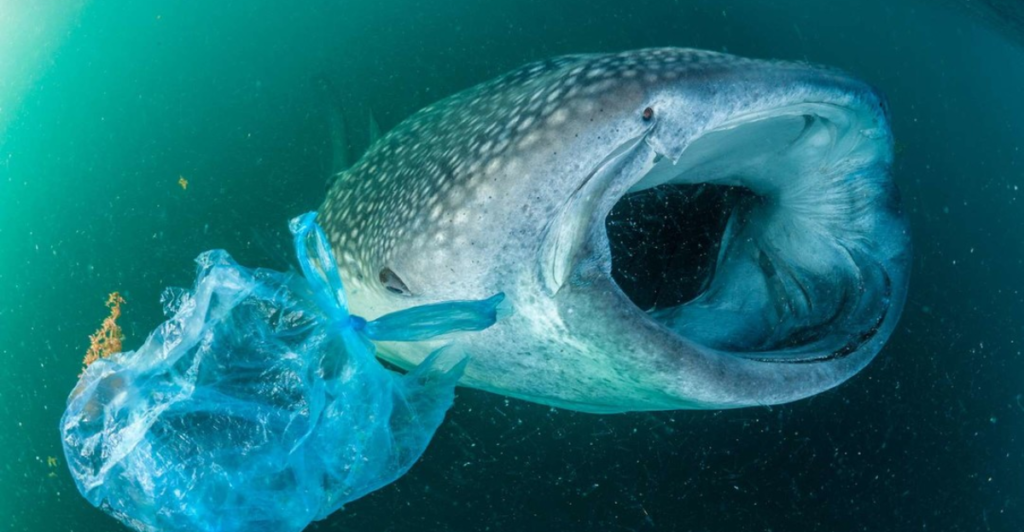
Whales are susceptible to pollution and sensitive to environmental change. Plastic waste and chemical runoff can weaken their immune system and impact their natural prey, further contaminating them. Industrial activities and coastal development have only further reduced the viable habitats for whales where they can thrive and repopulate.
Conservation
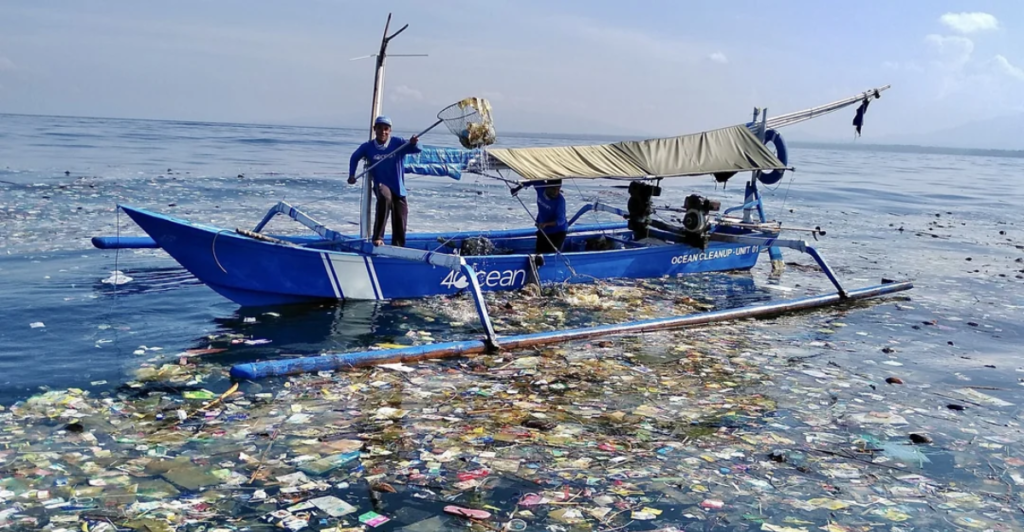
Conservation work has been in full effect for whales and marine ecosystems, with Marine Protected Areas (MPAs) first being proposed in the early 1960s. By 1976, every sovereign state had the ability and responsibility to create MPAs across the world’s oceans.
Marine Protected Areas
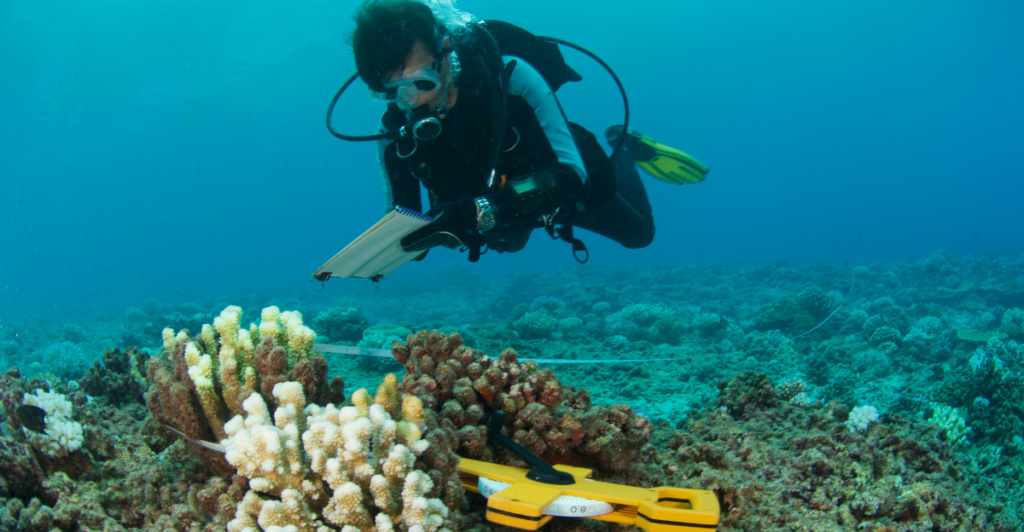
Marine Protected Areas are essential in allowing whales and other marine life to have a healthy habitat in which to feed, breed, and migrate safely. Amidst habitat destruction, these areas can help ensure the long-term survival of whales and many other marine species. MPAs are a multi-step process that isn’t without complications.
Not Too Late
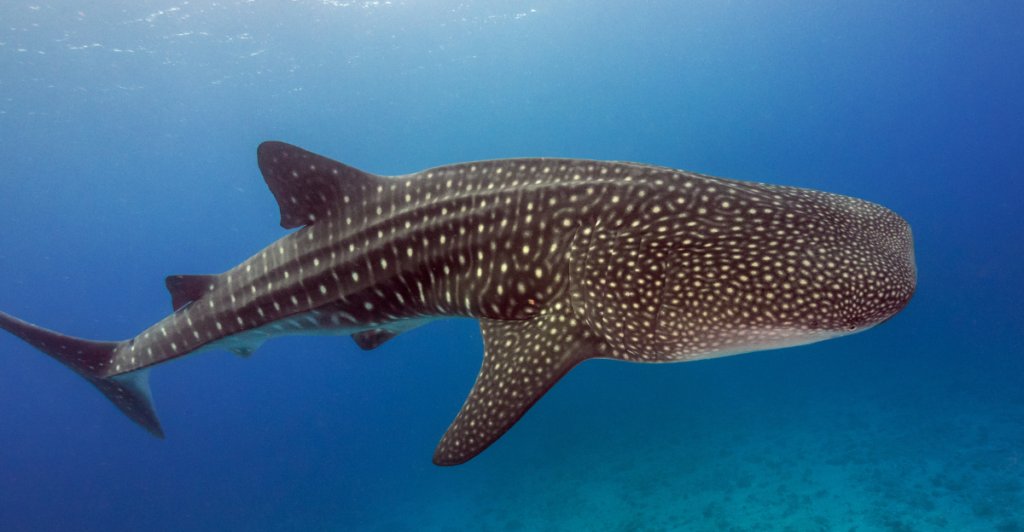
While whales face numerous threats, it’s not too late to turn around their numbers and let them continue to save their own environments through the essential role they play in a balanced ecosystem. With a bit of help, these amazing ocean giants can recover and lead to a sustainable future.
Explore more of our trending stories and hit Follow to keep them coming to your feed!

Don’t miss out on more stories like this! Hit the Follow button at the top of this article to stay updated with the latest news. Share your thoughts in the comments—we’d love to hear from you!







